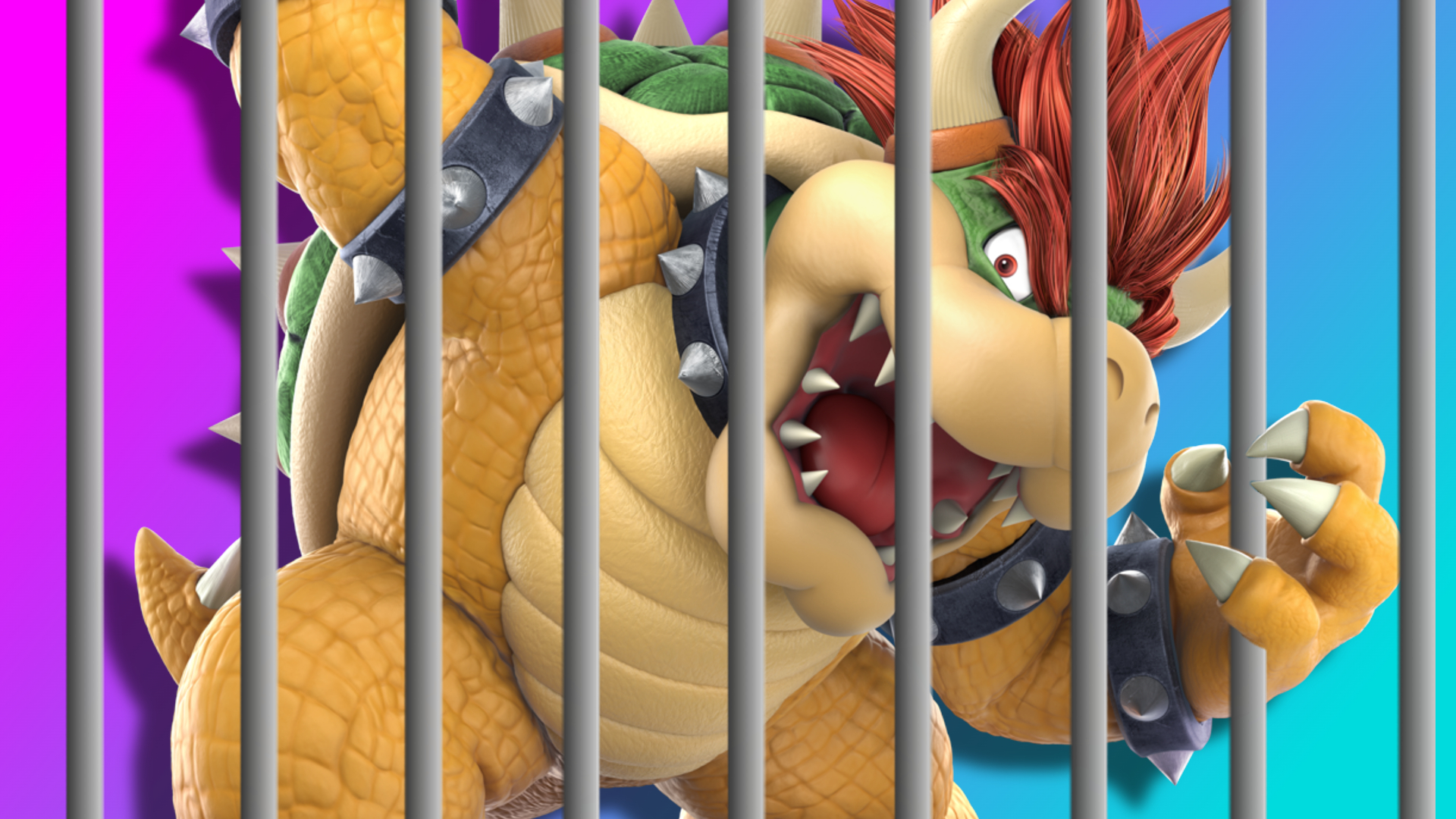Valve wouldn't host Dolphin on Steam because it 'can't sit in judgement' on Nintendo's fight against emulators
Or: Nintendo's lawyers sent a really scary letter.

Last week Nintendo managed to block the Steam release of the Gamecube and Wii emulator Dolphin. Initial reports had it that this was a DMCA takedown, but it soon emerged that—as Dolphin is not yet available for download on Steam—Valve had contacted Nintendo in advance, and been rewarded with a warning shot across the bows.
Valve spokesperson Kaci Aitchison Boyle subsequently confirmed to The Verge that this legal letter came about because Valve had contacted Nintendo. “Given Nintendo’s history of taking action against some emulators, we brought this to their attention proactively after the Dolphin team announced it was coming soon to Steam".
The legal notice in question, reviewed by PC Gamer, is addressed to Valve's legal department and dated May 26, 2023.
"Because the Dolphin emulator violates Nintendo’s intellectual property rights, including but not limited to its rights under the Digital Millennium Copyright Act (DMCA)’s Anti-Circumvention and AntiTrafficking provisions, 17 U.S.C. § 1201, we provide this notice to you of your obligation to remove the offering of the Dolphin emulator from the Steam store," reads the document.
"Here, there is no allegation that Valve is currently hosting anything that infringes Nintendo’s copyright or, more broadly, violates the DMCA," says attorney Kellen Voyer of Voyer Law, which specializes in intellectual property and technology law. "Rather, Nintendo is sending clear notice to Valve that it considers Dolphin to violate the DMCA and should it be released on Steam, Nintendo will likely take further action. Given that Valve controls what is available on its store, it made the decision not to wade into any dispute between the Dolphin developers and Nintendo and, instead, followed Nintendo’s preemptive request and took down the Steam page."
The specific law being cited by Nintendo stops companies from hosting copyright circumvention technology, and more importantly means that Nintendo could in theory go straight after Valve rather than chasing down the makers of Dolphin. Given the legal grey area that emulators currently reside in, that's absolutely key: Valve could not host Dolphin on Steam and just say "we're an open platform, talk to them." If Dolphin was offered on Steam, Valve would be liable for it.
The actual question of whether the Dolphin emulator would be found illegal by the courts is open, but Nintendo is unsurprisingly quite firm about its stance:
Keep up to date with the most important stories and the best deals, as picked by the PC Gamer team.
"Nintendo is committed to protecting the hard work and creativity of video game engineers and developers," said Nintendo spokesperson Eddie Garcia. "This emulator illegally circumvents Nintendo’s protection measures and runs illegal copies of games. Using illegal emulators or illegal copies of games harms development and ultimately stifles innovation. Nintendo respects the intellectual property rights of other companies, and in turn expects others to do the same".
Steam is a relatively open platform but clearly that has limits and, while Valve has all the money in all the world, taking this fight with Nintendo on the behalf of a bunch of people making a Nintendo emulator doesn't make much sense. The questions over the legality or otherwise of such emulators are an ongoing battle, but Valve understandably doesn't want to put itself right in the middle of that fight as a distributor of such software.
Valve provided the following statement to the Verge.
"We operate Steam as an open platform, but that relies on creators shipping only things they have the legal right to distribute. Sometimes third parties raise legal objections to things on Steam, but Valve isn’t well positioned to judge those disputes–the parties have to go to court, or negotiate between themselves. An accusation of copyright infringement, for example, can be handled under the DMCA process, but other disputes (like trademark infringement or a breach of contract claim between a developer and a publisher) don’t have a statutory dispute resolution process, so in these cases we generally will cease distributing the material until the parties tell Valve that they have resolved their dispute.
"We don’t want to ship an application we know could be taken down, because that can be disruptive to Steam users. Given Nintendo’s history of taking action against some emulators, we brought this to their attention proactively after the Dolphin team announced it was coming soon to Steam. Based on the letter we received, Nintendo and the Dolphin team have a clear legal dispute between them, and Valve can’t sit in judgment".
Good luck to the Dolphin team on resolving their dispute with Nintendo, which is and always has been hell-bent on stopping emulation of its hardware and distribution of ROMs. It's a battle that in recent years has become even more intense, with for example Nintendo asking that Gary Bowser be made an example of and the courts agreeing. Dolphin is only one of Nintendo's problems, however, with its recent smash hit The Legend of Zelda: Tears of the Kingdom being widely distributed and playable via emulator from release.

Rich is a games journalist with 15 years' experience, beginning his career on Edge magazine before working for a wide range of outlets, including Ars Technica, Eurogamer, GamesRadar+, Gamespot, the Guardian, IGN, the New Statesman, Polygon, and Vice. He was the editor of Kotaku UK, the UK arm of Kotaku, for three years before joining PC Gamer. He is the author of a Brief History of Video Games, a full history of the medium, which the Midwest Book Review described as "[a] must-read for serious minded game historians and curious video game connoisseurs alike."

